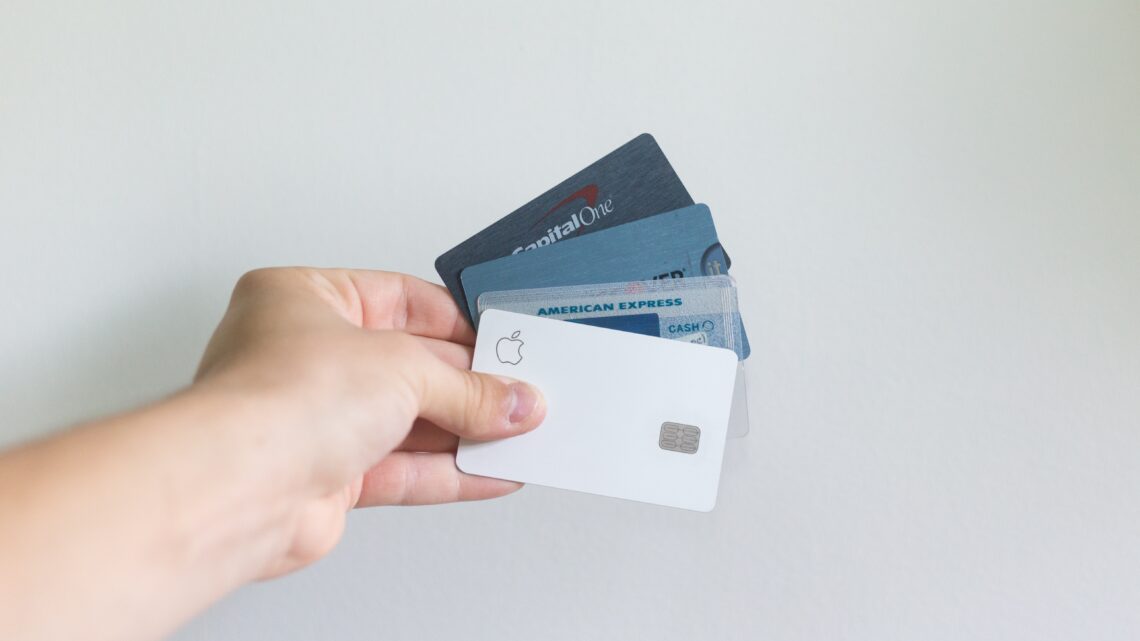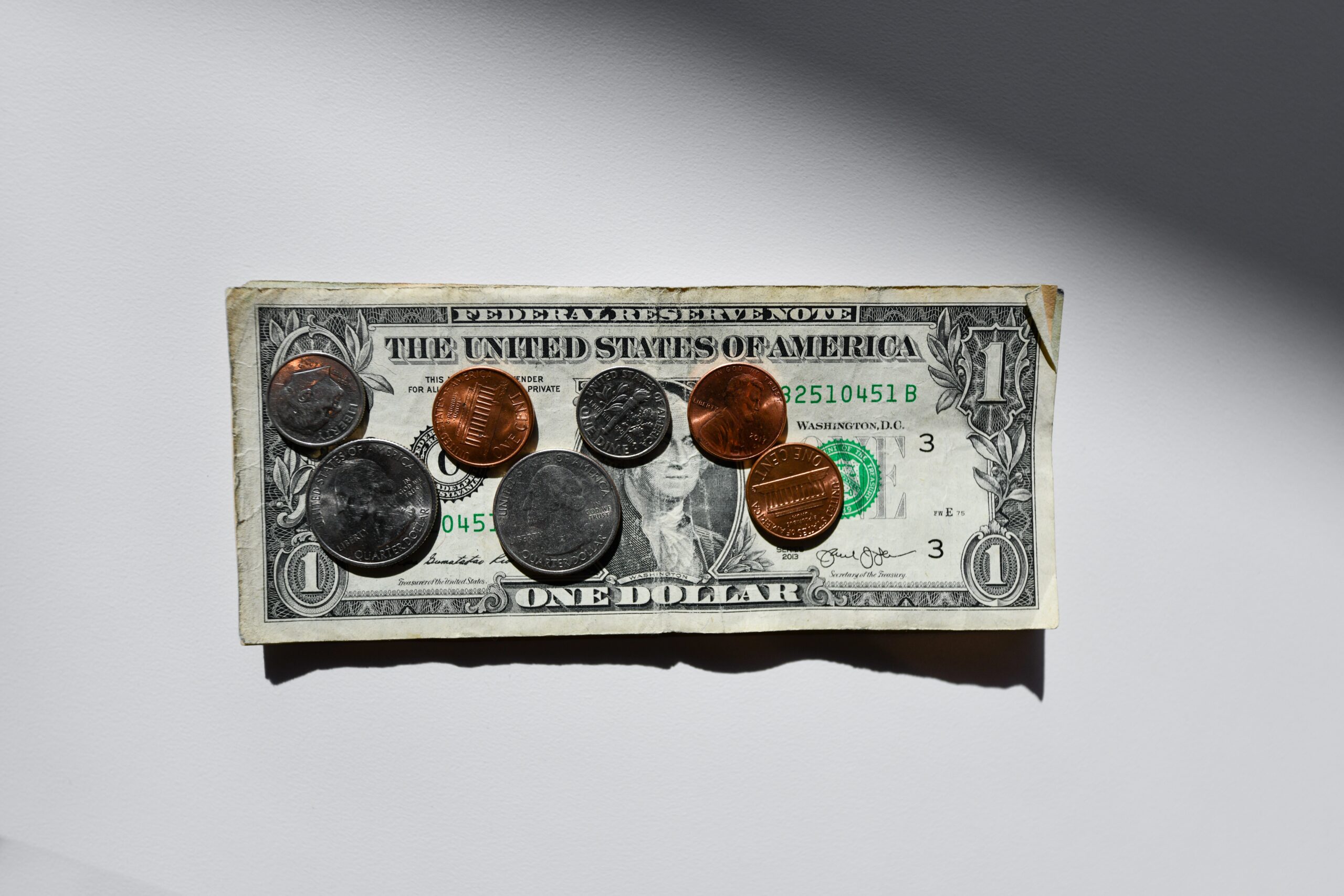
5 Ways To Improve Your Credit Score As A Student

Having a good credit score is important when it comes to applying for credit in the future, such as a loan or mortgage. Your time at university is the perfect to start looking at building up your credit score. In this post we will go through what a credit score is, how to improve your credit score and where you can find out your score for free.
What is a Credit Score?
Investopedia perfectly defines a credit score as “a number between 300–850 that depicts a consumer’s creditworthiness. The higher the score, the better a borrower looks to potential lenders. A credit score is based on credit history: number of open accounts, total levels of debt, and repayment history, and other factors. Lenders use credit scores to evaluate the probability that an individual will repay loans in a timely manner.”
Therefore, the higher your score the easier it’ll be to get accepted for credit.
How can I improve my credit score?
#1 Register to Vote
Registering to vote is the easiest way to improve your credit score – it is also the best place to start. Joining the electoral register shows stability, which is something lenders look for.
You can register to vote here!
#2 Get a Credit Card
The best way to improve your credit score is to prove that you are a reliable person to lend money too. To prove this you need to use credit effectively. Hence you need to get a credit card.
Most student bank accounts come with a credit card option or your bank will have a credit card specifically for students that you can apply for. This is the best card to start off with as you are more likely to be accepted than if you apply for a mainstream card.
Keep in mind that applying and being rejected for a credit card will harm your credit score.
Worried if your student loan is affecting your credit score? Read this Ultimate Guide to Student Finance to find out!
#3 Keep a 8% Credit Utilisation
This simply means only spending 8% of your credit limit each month. Experts believe that 8% is the optimum credit utilisation. It shows lenders that you are responsible with your credit.
Spending up to your limit each month will harm the progress of your credit score.
#4 Pay Your Balance Off In Full
Never keep a balance on your credit card – pay it off in full every month. Using credit wisely means only spending what you would normally spend on debit cards. If you don’t pay your card off in full, then it will accrue interest and it will become consumer debt. Which you want to avoid!
Paying your balance off in full each month will keep improving your credit score month on month. Payment history holds the most weight when calculating your credit score at 35% so it’s crucial that you’re paying your bill on time.
#5 Don’t Close Credit Card Accounts
Closing old credit card accounts can negatively affect your credit card. It is better to keep them open and use them periodically, rather than closing them. On the other side of this, don’t apply for too many credit cards as a large amounts of hard checks can negatively affect your score as well.
How do I find out my Credit Score?
ClearScore will tell you your credit score for free. They also have a free app so you can keep up to date with any changes to your credit score. ClearScore also shows offers (various loans, credit cards, mortgages etc.) and your likeliness of getting approved – this is a great tool to look at before you apply. As it’ll make sure you’re not applying for credit you are unlikely to get and avoid harming your credit score.
Do you know your credit score? Have you done any of the things suggested?





3 Comments
Pingback:
Pingback:
Pingback: